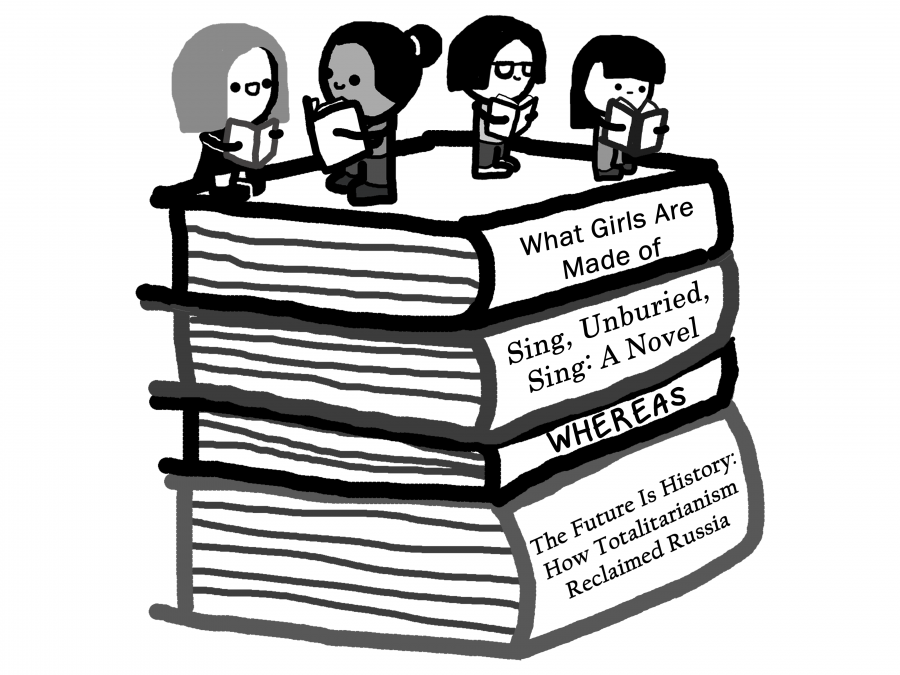Though books are often touted as escapes, the publishing industry is grossly homogeneous. Despite this, literary awards often highlight diverse narratives, stressing the importance of books as vehicles of social change and vestibules for expansion and knowledge. The National Book Award, one of the highest literary achievements, carries a special platform in advocating for diverse narratives. At the very least, a nomination can highlight one of a variety of issues. At its best, a nomination will inspire readers to pick up a book they normally wouldn’t and learn something.
Thankfully, this year’s selection committee is listening to those fighting for diverse books, and 2017’s finalists seem to inch closer to breaking a long held belief in the superiority of white male authors. Fifteen of the 20 shortlisted authors are women, and the majority of the books reflect unique cultural experiences. But while this year’s finalists are a sign of progress, the fight has yet to be won.
Let’s start with the gender issue. The National Book Award has come closer to gender parity, but that’s hardly a progressive feat considering the publishing industry is dominated by white women. Nevertheless, novels written by women have historically been dismissed as inferior and tossed to the side. For proof of this, we can look at educational requirements. Throughout high school, my honors and AP English classes rarely required reading written by women. It gets better in college, but students often have to seek out classes that focus on diverse literature.
However, the issues in school curriculum are reflective of those in the publishing industry. In 2015, author Catherine Nichols sent her novel to 50 literary agents and received only two requests for a copy of her manuscript. She sent it to 50 more agents using a male pseudonym and, under this new name, received 17 requests for a manuscript.
The issue is compounded by the racial homogeneity the publishing industry’s workforce, which in turn has resulted in historically homogeneous narratives — and it’s not because only white people write worthwhile books.
It’s absolutely crucial there are books available that reflect different experiences. Books act as mirrors, allowing readers to find characters and stories they can relate to while also encouraging literacy. Those who feel part of the culture dominating the publishing industry have the luxury of seeing their experiences mirrored in almost every book they pick up. Unfortunately this isn’t the case for everyone, which can diminish interest in reading — especially in children, whose reading habits start early. Yet every person deserves to feel validated in their experiences, and there are certainly authors who write books that do this. They just need to be published and elevated.
Those who love and work with literature also speak of books as windows, as mediums for teaching a variety of diverse human experiences. The United States is not a homogeneous country, yet intense social segregation persists. Reading will by no means fix all of our issues, but it’s one way those who live in “bubbles” can expand their understanding of the world.
Everyone deserves to have a voice, so we must better emphasize the greatness present in non-white, non-cisgendered literature.
We need diverse books. While the National Book Award is giving us that, the nominations still aren’t reflective of general reading habits. But activism can change that, so avid readers can’t be complacent.
Vernon is an anthropology and rhetoric and writing junior from The Woodlands.





















